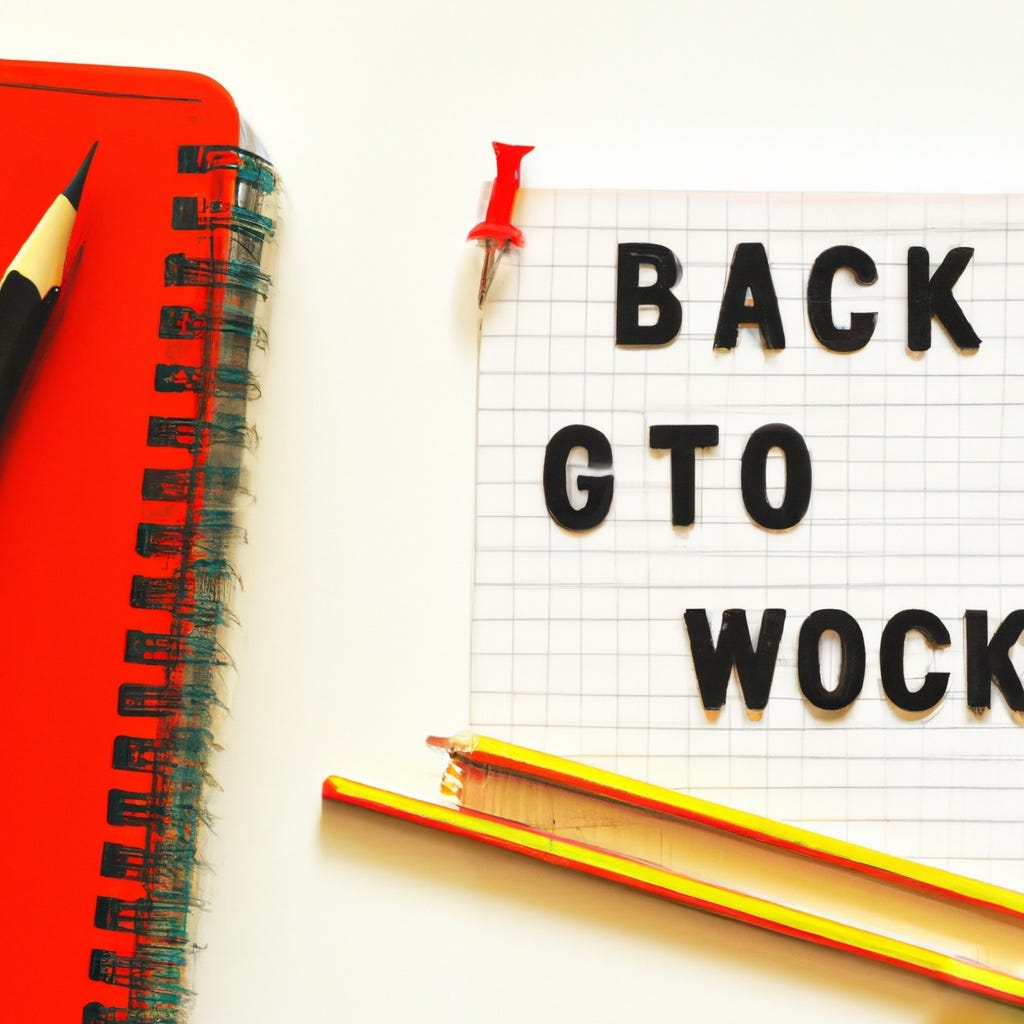1. A Big Battle! Big Tech vs. Big Telecom
Telecom giants such as Deutsche Telekom, Orange, Telefonica, etc. demanded that the Big Tech companies such as Google, Meta, Apple, etc. chip in to fund the rollout of 5G and broadband across Europe via a network fee levy. However, telecom ministers from 18 European Union (EU) countries rejected this proposal, claiming that it would violate EU net neutrality rules and hinder innovation. They further cited the lack of an analysis on the effects of a network tax, the absence of an investment shortfall, and the risk of Big Tech passing on the extra cost to consumers as reasons for their rejection. It's a classic case of Big Tech vs. Big Telecom, with both sides claiming that the other should bring more money to the table. We're sure this won't be the last time Big Telecom tries to squeeze money out of Big Tech.
2. Meta's Office Reminder: You Can't Work from Home Forever
Meta Platforms has asked its employees to return to the office which means no more waking up at 8:58am for your 9am, camera-off Zoom meeting. After years of allowing employees to work remotely, Meta has decided to bring them back to the office for three days a week starting September 5th. Employees who are designated as remote workers will be allowed to keep their remote status, but everyone else will have to put on their office attire of jeans and a patagonia vest (or overpriced meme hoodie if you're an engineer) and get back to in-person work. In a statement, Meta claimed that their updated policy was not set in stone and that they were committed to distributed work. We're sure they'll be committed to it until they realize how much more productive people are in the office when they don't have the luxury of running errands or taking naps in the middle of the workday.
3. YouTube's Election Policy Flip-Flop: A Dangerous Game
YouTube, the slowest major content platform to disallow election misinformation, has decided to reverse its rules around election denialism. The company will now allow some previously prohibited false claims, claiming that censoring political speech could actually have the unintended effect of curtailing it. YouTube still won't allow certain types of false claims, like lying about the location of polling places, but they're now giving a free pass to spreading distrust in the democratic process. With the 2024 election right around the corner, YouTube plans to offer more updates on their strategy. It's a dangerous game they're playing, but YouTube seems to think it's worth the risk.
4. A New Hope for Patients with Brain Tumors
In a groundbreaking development which will surely sprinkle some joy on your Monday, the newly developed drug Vorasidenib has offered hope to patients suffering from a deadly subtype of glioma, a slow-growing brain tumor. The drug has been found to significantly extend the progression-free survival period for patients, postponing the need for radiation and chemotherapy. The international study involved 331 patients and revealed that those treated with Vorasidenib experienced longer disease progression-free periods compared to the placebo group. This research marks a significant milestone as it is the first clinical trial to examine a targeted therapy drug designed to treat brain cancer, with Vorasidenib demonstrating the ability to penetrate the blood-brain barrier. While the drug has not yet been approved for clinical use by the FDA, this breakthrough offers a glimmer of hope for individuals affected by this devastating disease.
5. Amazon Employees Walk Out on Return-to-Office Mandate.
Amazon CEO Andy Jassy declared that remote workers should return to the office at least three days a week, crushing the dreams of those who have enjoyed spending time with their families and avoiding dreadful commutes. In response, employees protested and staged a walkout which essentially means that they got a day off work in the name of activism. One employee, Pamela Hayter, expressed her disappointment and emphasized the benefits of remote work during the protest. However, an Amazon spokesperson confidently dismissed the protest, claiming that since the mandate, there's been a surge in "energy, collaboration, and connections happening" which, to us, sounds a wee bit difficult to measure and actually determine but okay. Other bigwigs like Disney's Bob Iger, Starbucks' Howard Schultz, and News Corp's Robert Thomson have also demanded the return to office, with Tesla CEO Elon Musk even deeming working from home "morally wrong." The remote-work attitude may be shifting as Amazon is stubbornly sticking to its mandate while pretending to care about the employees' well-being.



